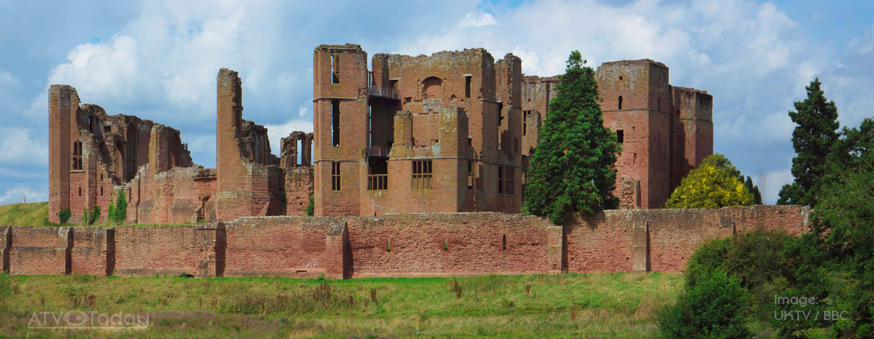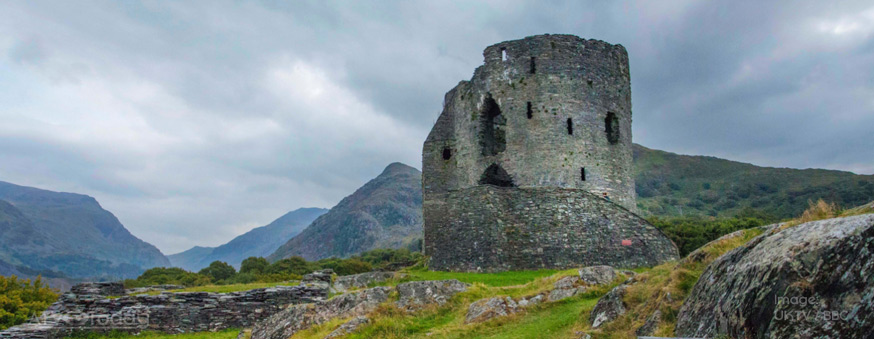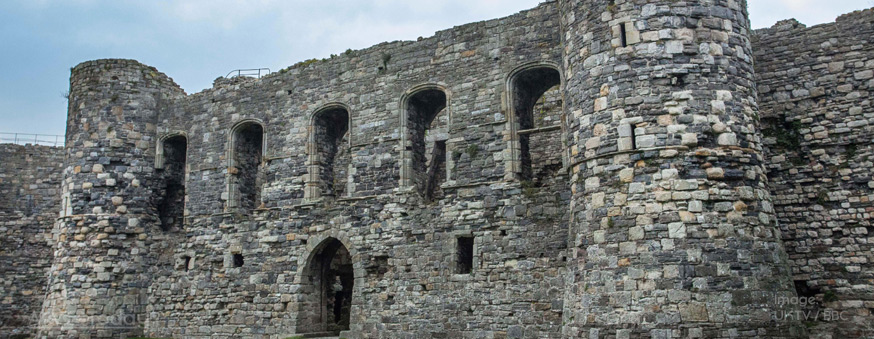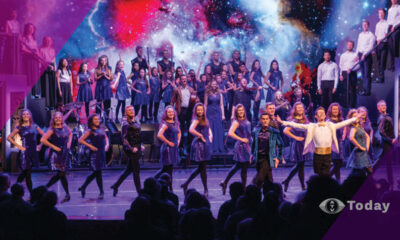Castles: Britain’s Fortified History examines the luxurious lifestyles and extravagant spending of Britain’s medieval monarchs, and makes today’s royals look relatively thrifty in comparison.

“Comparing past and present royal lifestyles helps bring the excess of the past to life. This series offers an intriguing insight into these magnificent buildings and their place in our culture and psyche. Yesterday viewers can enjoy tracing the story of Britain’s castles and their unique and lasting impact on our history, art and literature.” – Adrian Wills, general manager for Yesterday
After Henry VIII divorced Anne of Cleves in 1540, he provided her with generous financial compensation in the form of luxury property and assets, including Hever Castle in Kent. Historians estimate that the settlement was worth £3,000 a year at the time which, over the remaining 17 years of Anne’s life, would amount to £29,630,000 in modern money.
Meanwhile, the annual bill for meat alone at Henry VIII’s court would have been more than £3.5 million in modern money, which dwarfs our current Queen’s £1.4 million food bill for 2014/15. Henry’s lavish castle banquets featured a variety of different meats, including ox, mutton and some of which are familiar today such as pork, beef and venison. And the Tudor king’s huge meals were washed down with 600,000 gallons of beer every year, which would cost £5.78 million based on the price of an 11-gallon barrel today.
To drink that much beer, each of the 1,200 people at court would need to have consumed an average of 10 pints every day. Henry wasn’t the only monarch to indulge in extravagant castle spending, with Edward I shelling out three quarters of his Treasury’s annual income to build Beaumaris Castle in Anglesey, Wales, in the 1290s.
That’s akin to today’s government, which receives £182 billion from income tax alone, spending £136.5 billion on the Queen’s royal residences to match the Plantagenet king’s deep pockets.
“It just shows the huge vanity project that some of these buildings were. You could justify it for defensive purpose, but this is absolutely enormous. It also puts the expenditure on Buckingham Palace into huge perspective.” – Leading historical author Guy Walters
Walters adds that Edward I’s castle spending was an “insane figure”.

Edward I, who was memorably depicted in the Hollywood epic Braveheart, spent a great deal of his time at Leeds Castle in Kent. An enormous bath house constructed for Edward at that castle measured 352 sq ft and would’ve required roughly 10,500 gallons of water to fill – 200 times the size of an average bath, which only holds 50 gallons.
William the Conqueror also shelled out a huge portion of the royal purse on building and fortifying castles following the Battle of Hastings. He built 500 castles in the first 20 years of his rule, with each the result of an estimated 50 men working for 80 days – approximately 32,000 man hours, assuming an eight-hour working day.
Based on the current British minimum wage of £7.20, William would’ve spent £115.2 million over two decades on labouring cost alone to construct his formidable portfolio of 500 castles. Our Queen is no stranger to big spending, though, with the Windsor Castle restoration following the 1992 fire costing £37 million in 1997, which is more than £60 million today.
In contrast, Henry VIII’s friend and confidante Thomas Wolsey’s 200,000 Crowns investment in turning Hampton Court Palace into what we know today amounts to a little less, being the equivalent of £33.8 million in today’s money. Today’s castle dwellers, though, are fewer in number, with around 150 people resident at Windsor Castle, rather than the 1,200 who made up Henry VIII’s court.
“These figures show that the royals were very happy to spend money on getting themselves fat and drunk. In many ways, the monarchs of the past were like the dictators of today. They loved their vanity projects and their eating and drinking. They were big show offs and loved splashing their cash.” – Guy Walters

Castles: Britain’s Fortified History will be shown on the Yesterday channel every Thursday at 8pm, starting January 12 and available to catch up on UKTV Play
UKTV’s Yesterday: Sky 537, Virgin 206, Freeview 19, BT and TalkTalk 019 and on demand via UKTV Play













